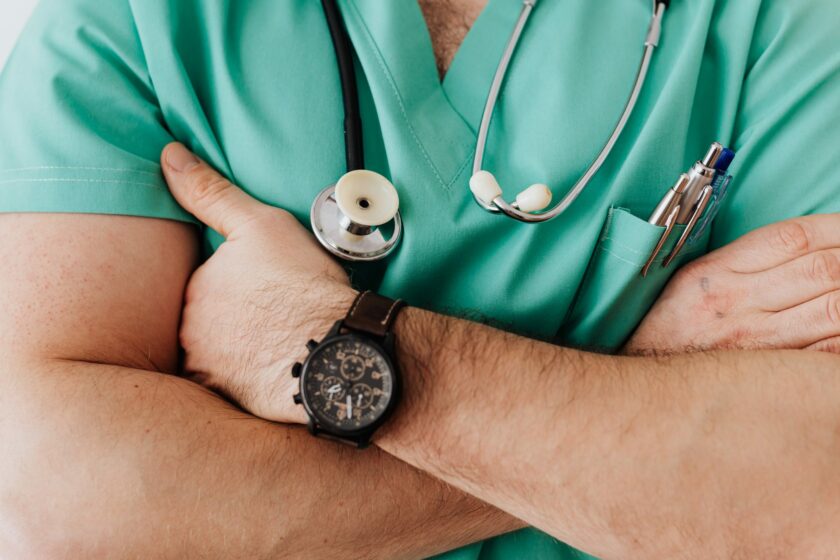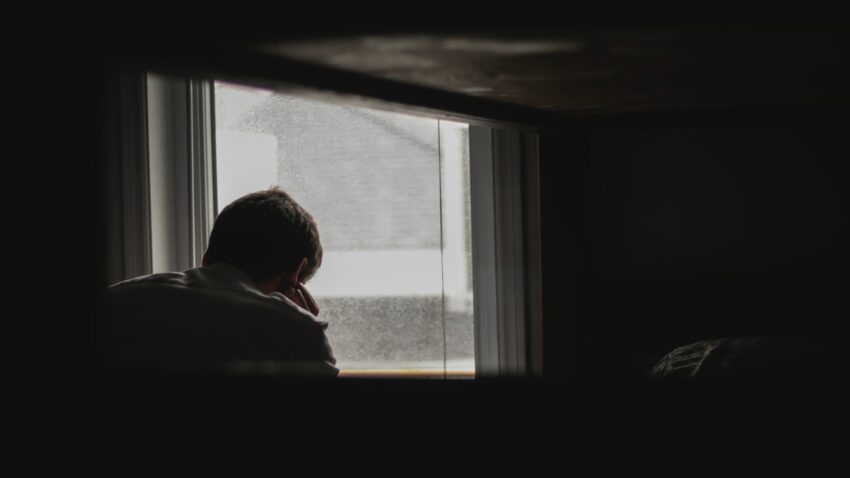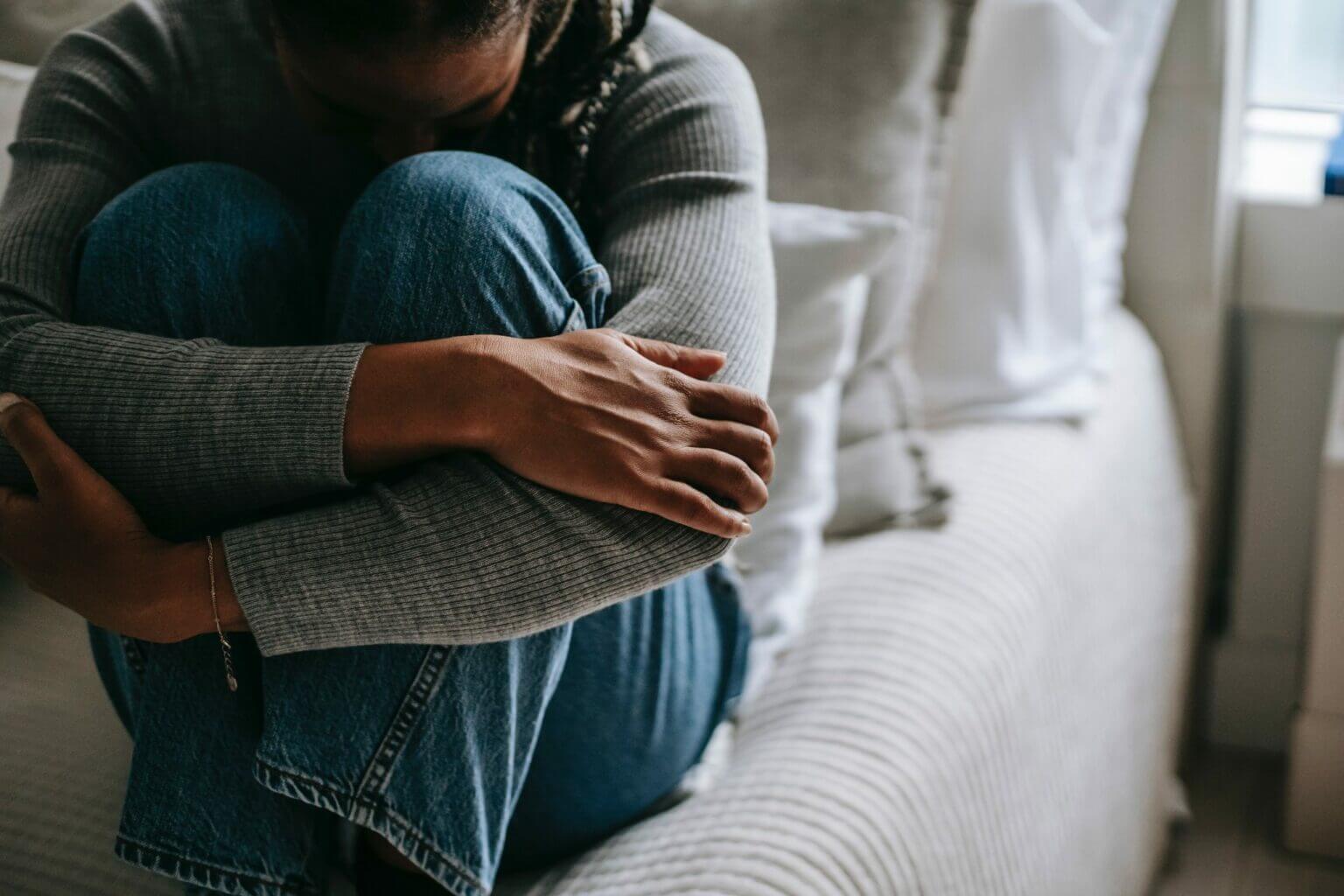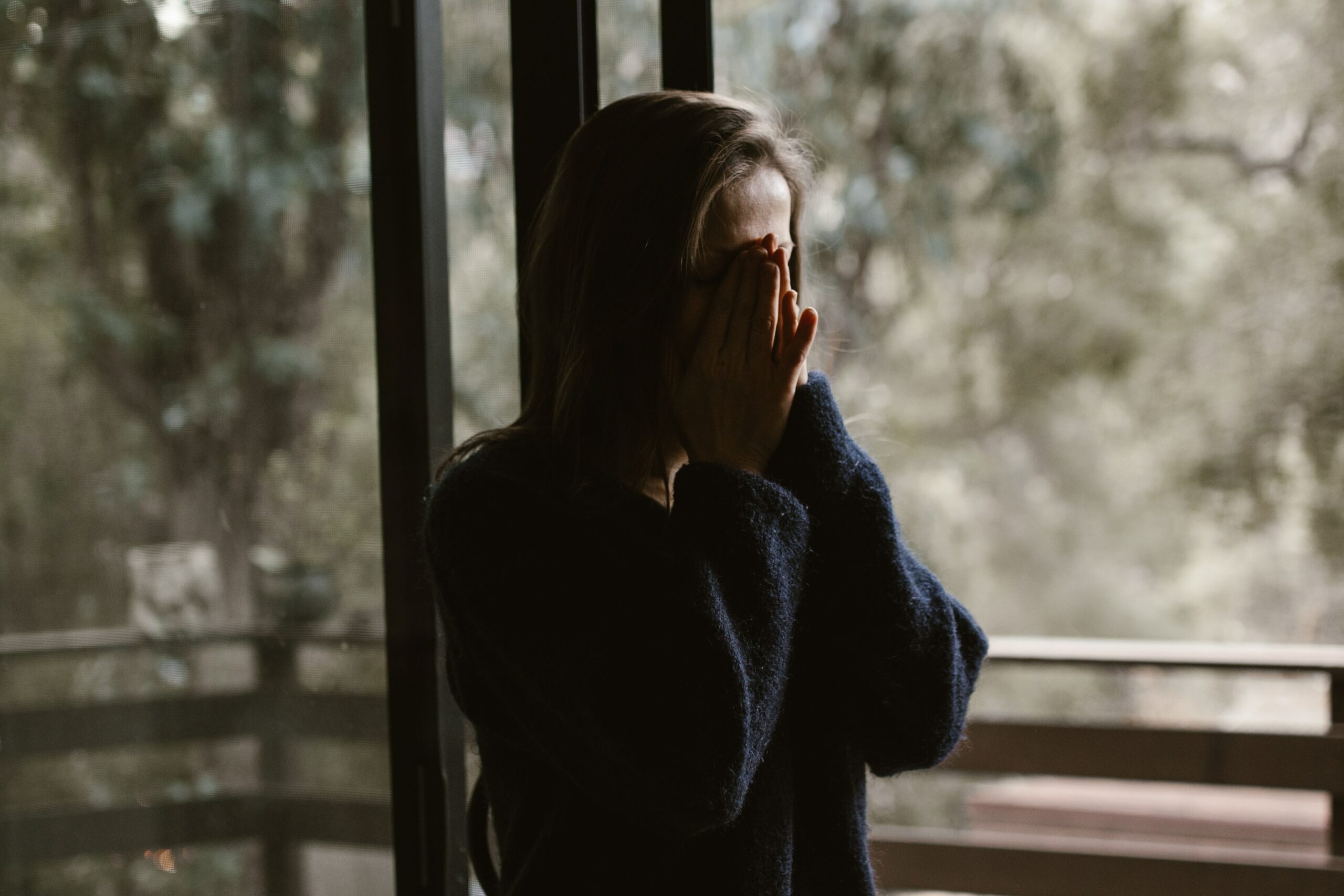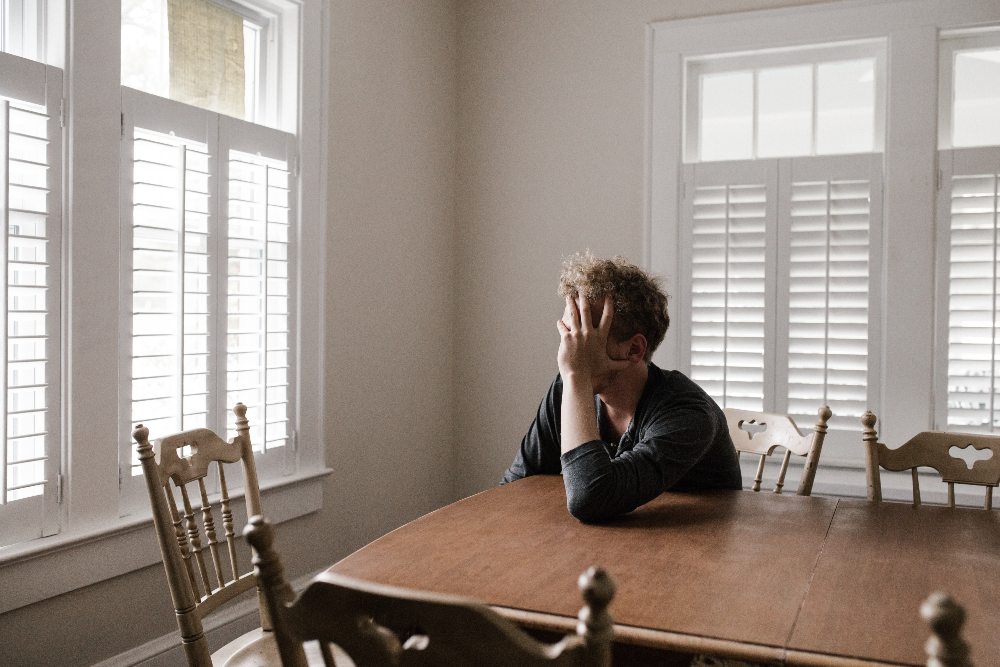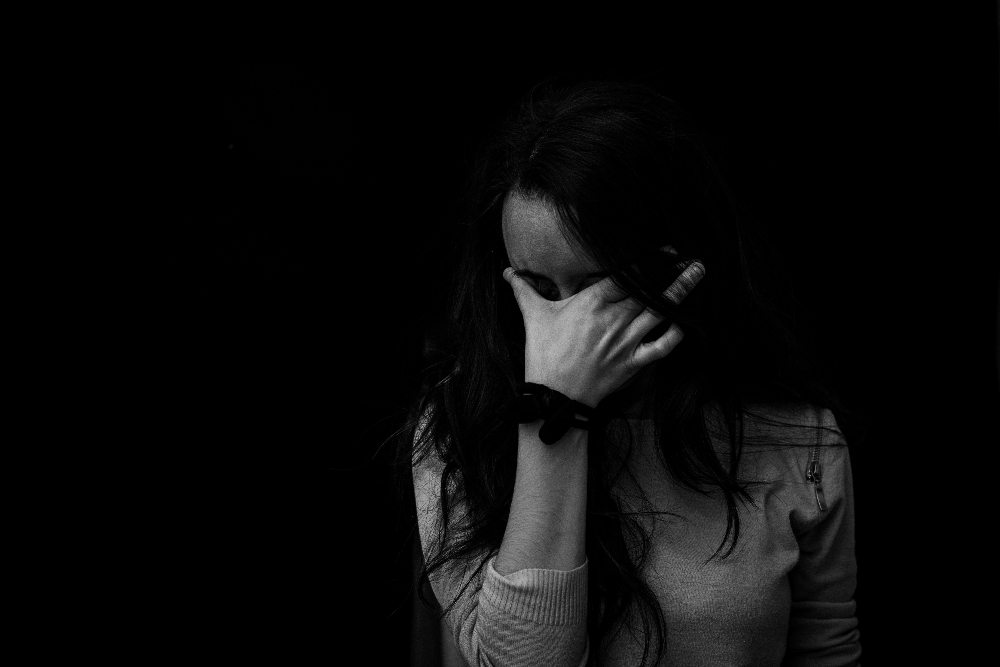Mental Health Titles Guide
June 18, 2021
Therapist, psychologist, and psychiatrist are three terms that are often easily confused. While these mental health providers all work closely with their patients to improve mental health, they each have different educational backgrounds and may play different roles in treatment. Below, we take a look at each profession to help…
